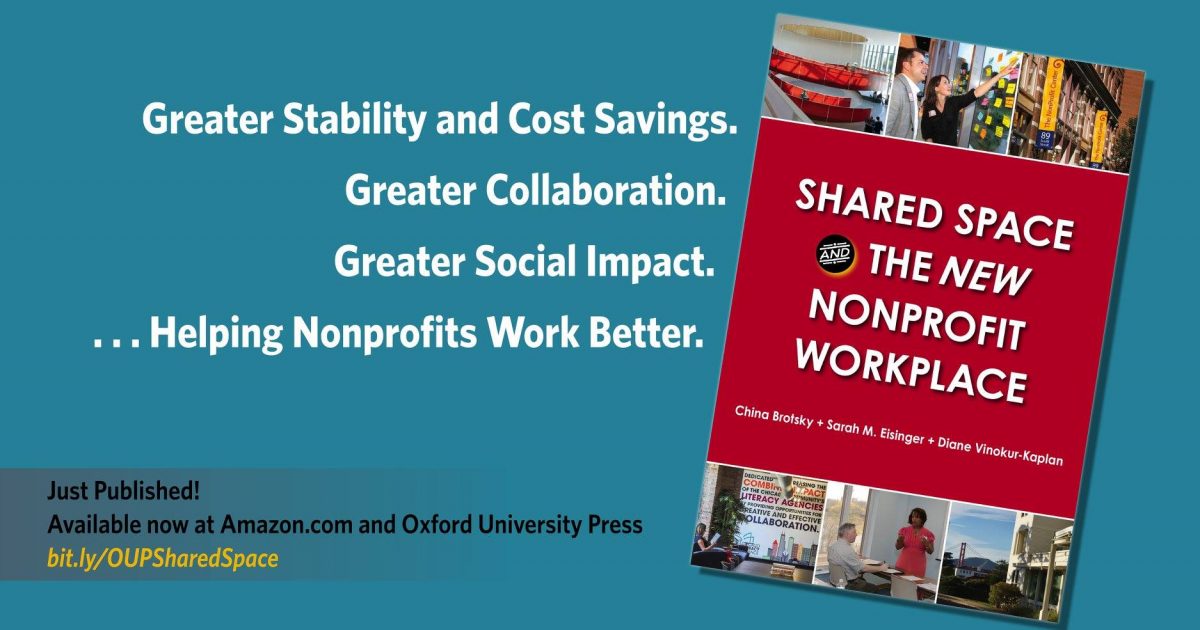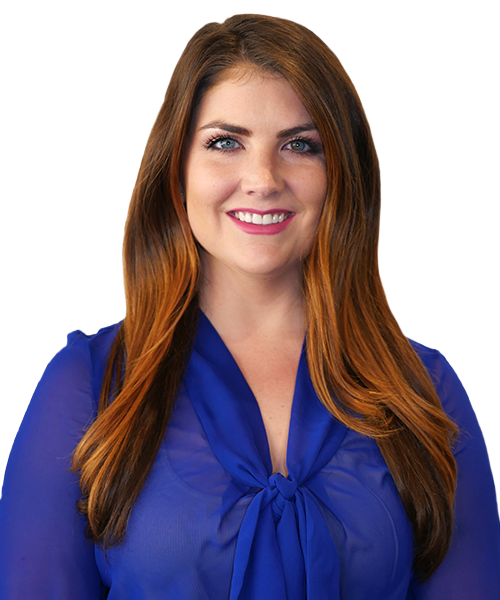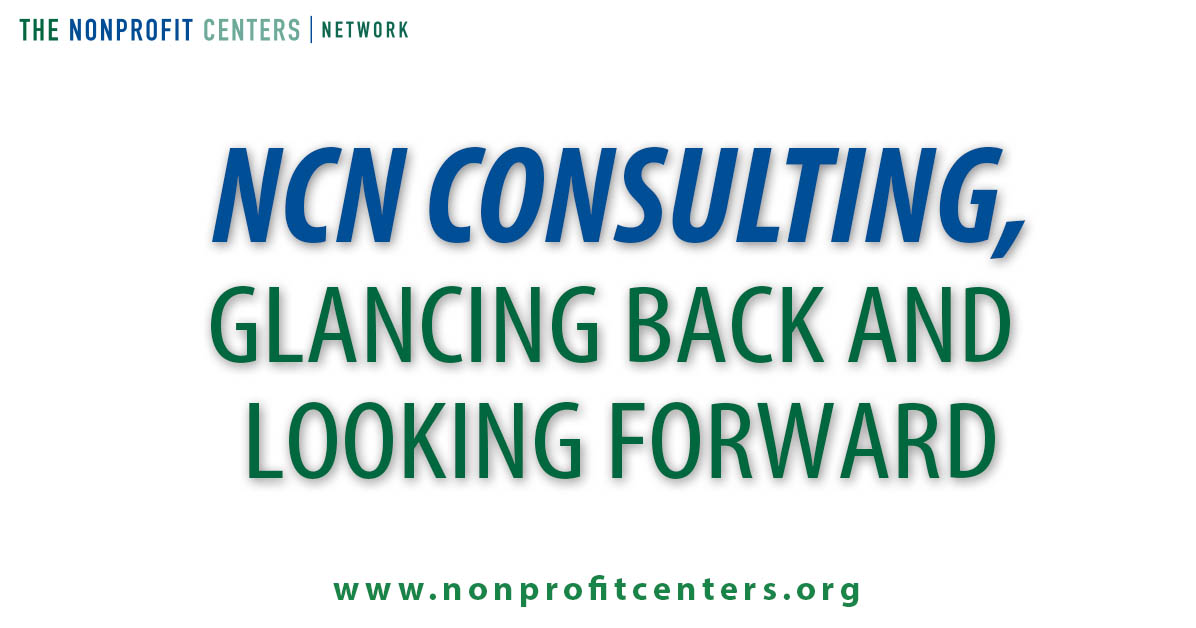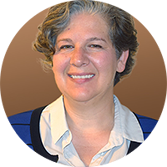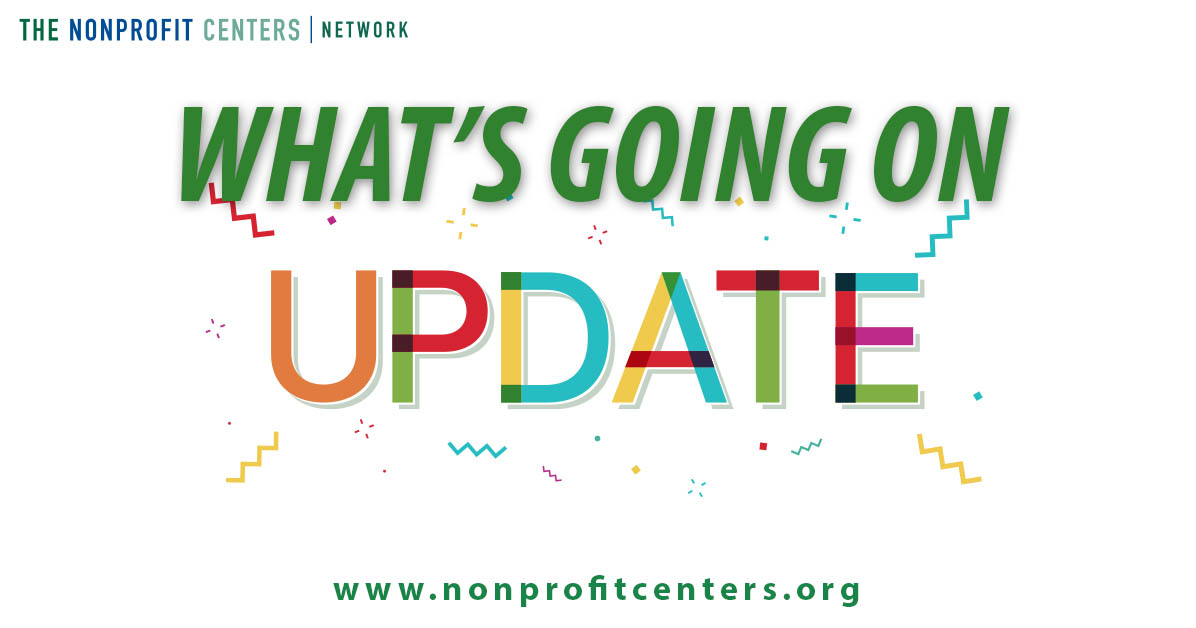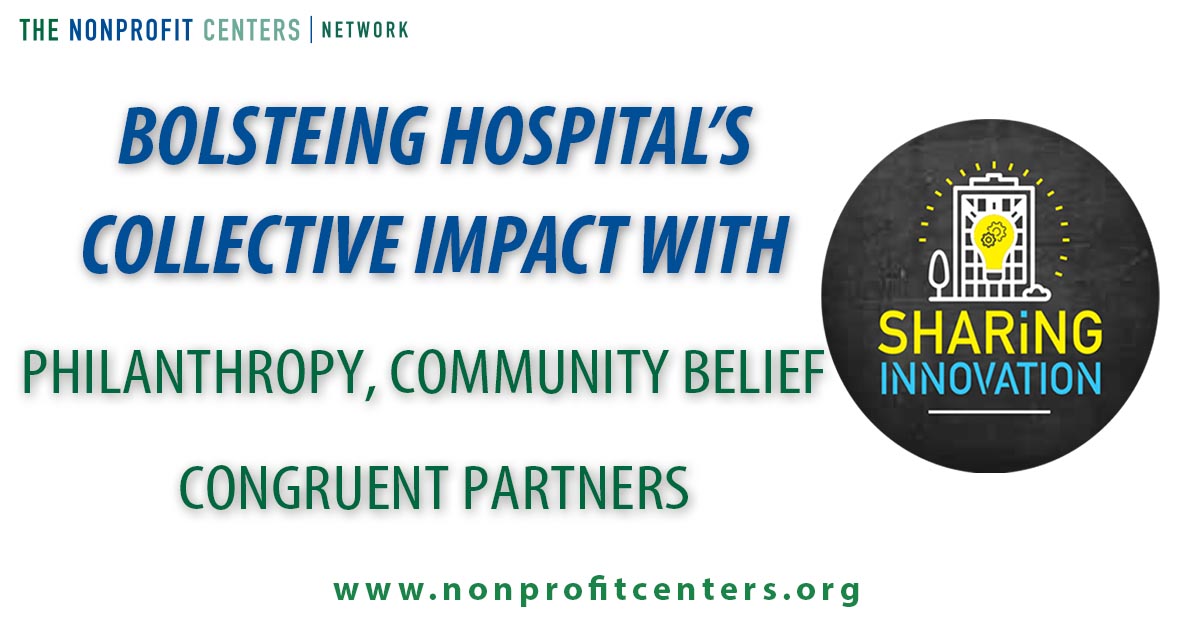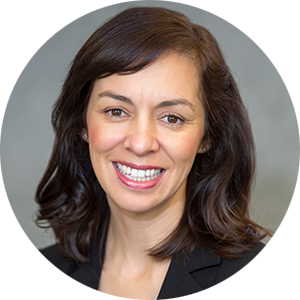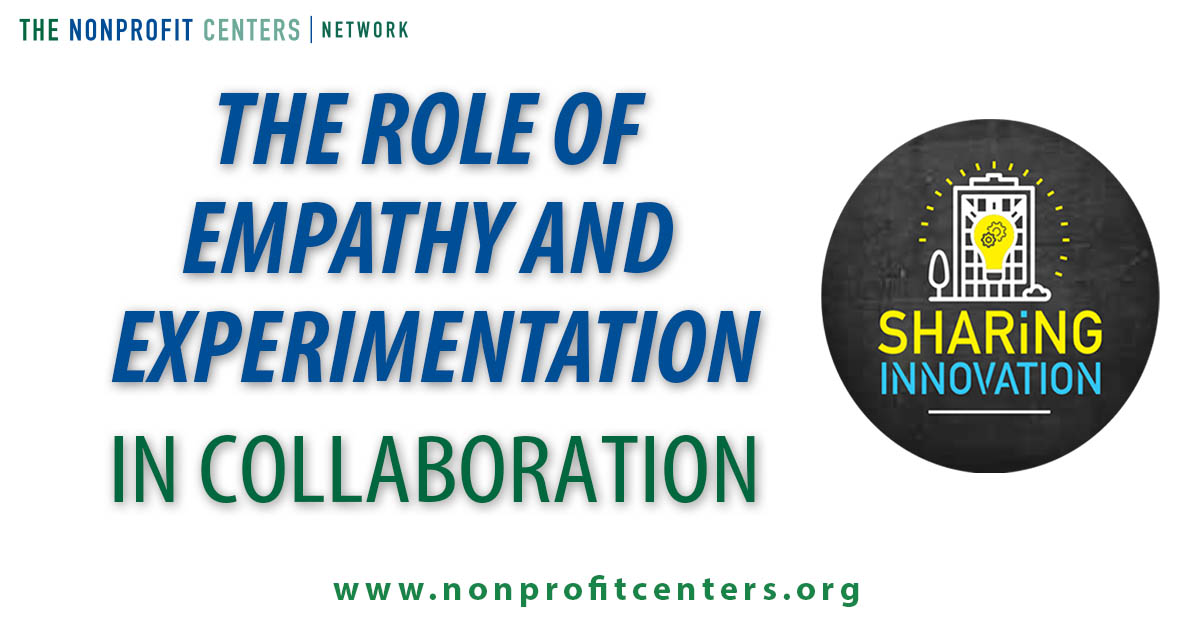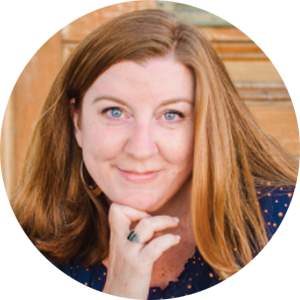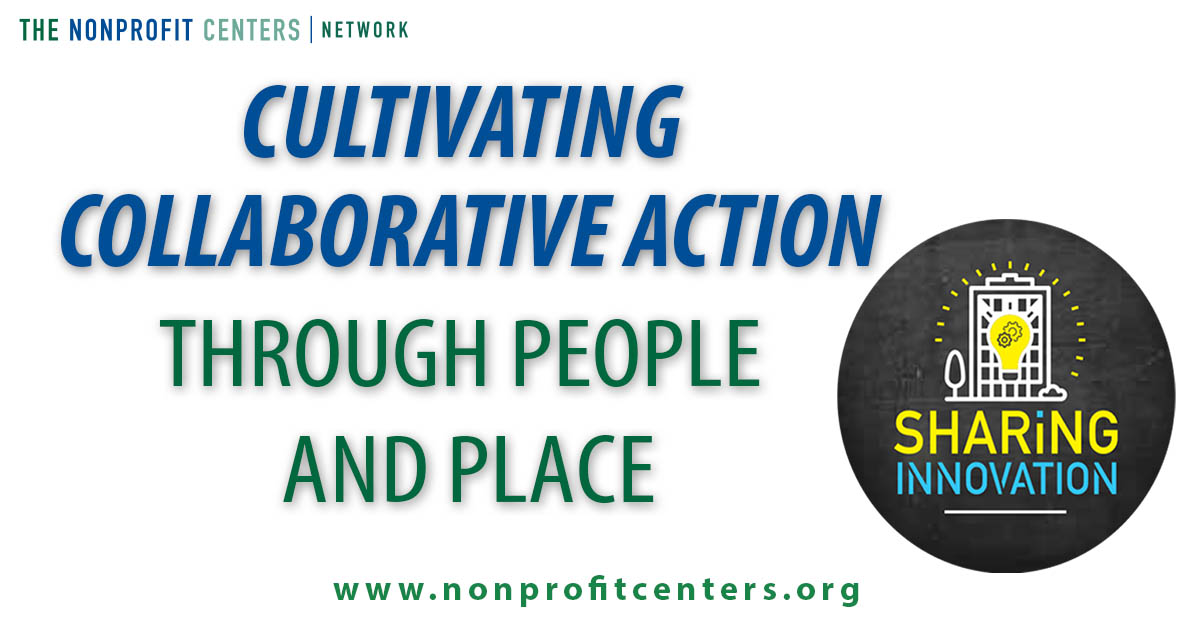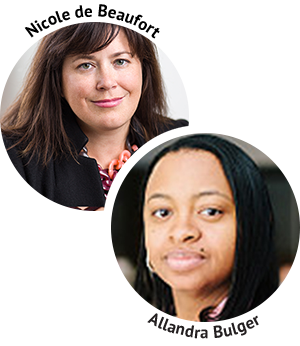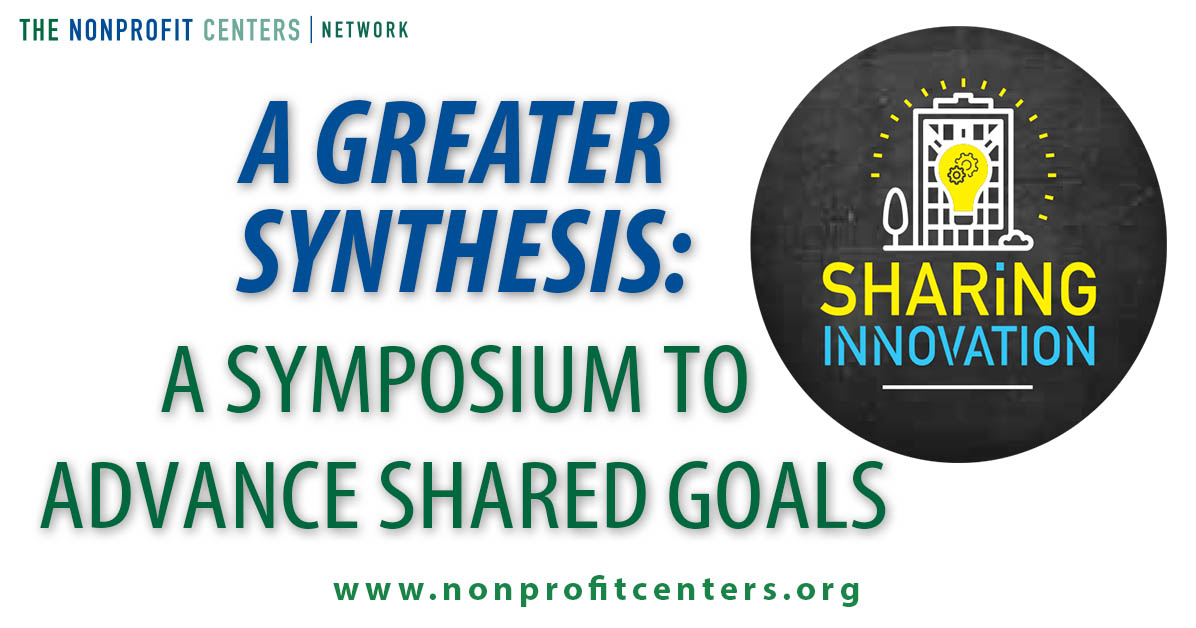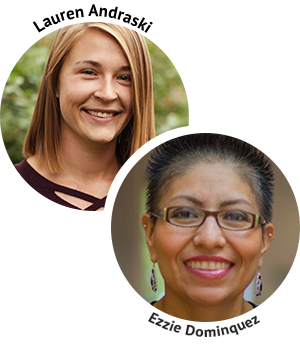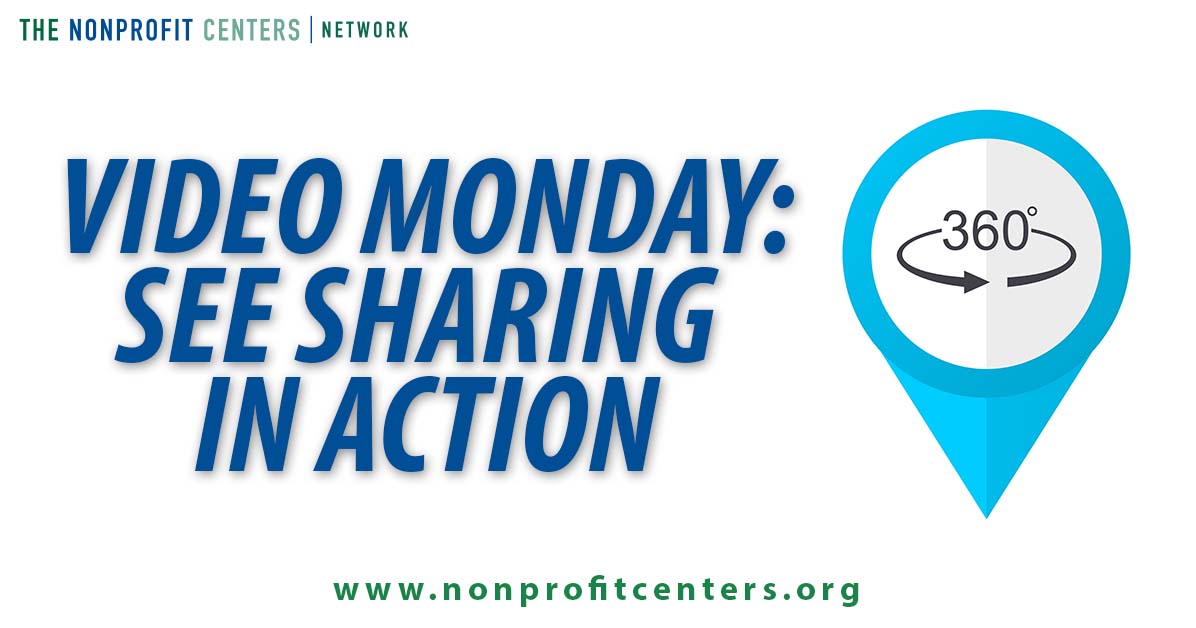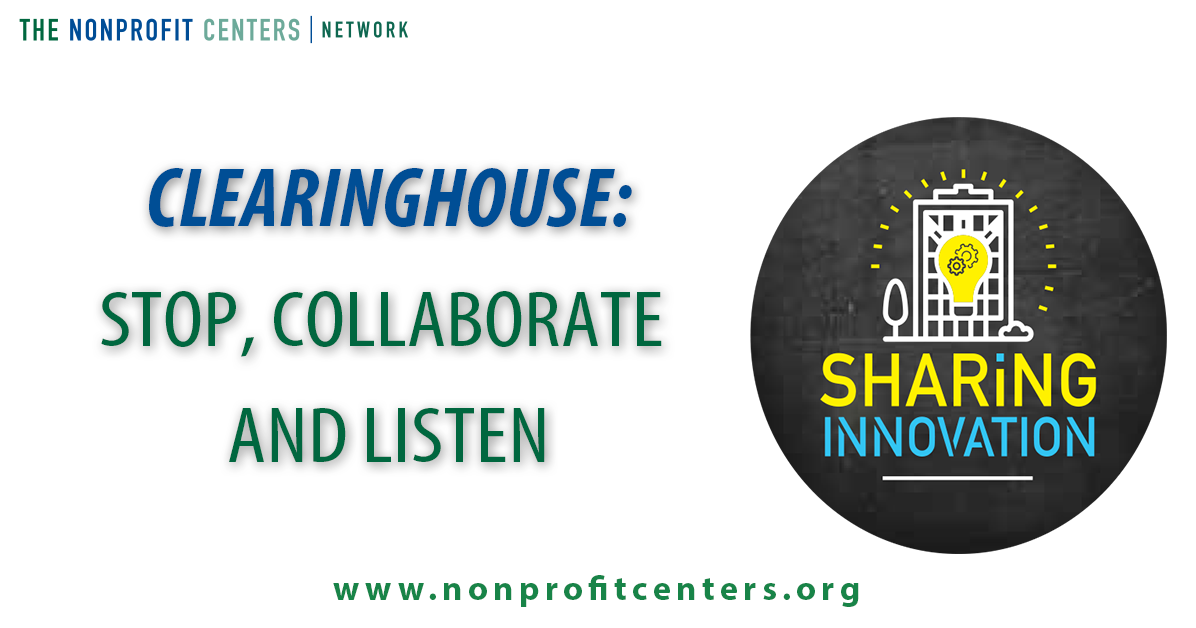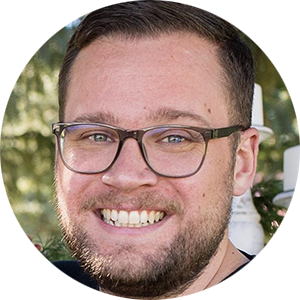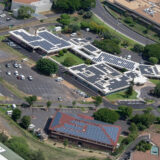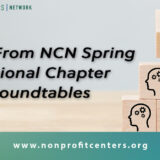The Nonprofit Centers Network has an active listserv as part of its membership. As various cities or states across US and Canada enacted shelter in place type orders, center managers started chiming in with questions and steps taken, and together our community began to navigate this unprecedented time. It became clear that it was time to take this discussion into a webinar format and open it up to a wider community, not just members. So on April 3rd, NCN hosted a panel discussion style webinar around Managing Shared Spaces During COVID-19 addressing concerns around financial sustainability, the logistics of an empty building and maintaining community. NCN’s new Co-Directors Alexis Paza and David Schrayer joined Saul Ettlin of Community Vision and NCN’s Steering Committee to dive into these topics, guided by pre-submitted questions and the listserv discussions. Below is a summary of NCNs suggestions around these topics, including tips shared in the chat box from some of our 80 participants.
We are excited that today’s blog author will be featured as one of 8 presentations at this year’s Sharing Innovation 2019. Like what you read? Register today at www.nonprofitcenters.org/sharing
Stop, collaborate and listen – more than just the lyrics to a popular song from the ‘90s, the Clearinghouse of Jefferson County Indiana has taken these words to heart. Since its inception in 2007, the Clearinghouse team has been through a series of peaks and valleys, always focused on the end goal of creating a larger network of social change. Created as a multi-tenant facility where workforce development entities and community agencies live and work under one roof, the Clearinghouse was the brainchild of River Valley Resources (RVR). Originally founded to provide workforce development services, RVR’s mission has grown to include a variety of services to help individuals become self-sustaining. The organization currently provides education and training services in 17 Indiana counties and employs more than 80 people.
These three words – stop, collaborate, and listen – have been an integral part of RVR’s process to create and sustain a vision of building a network of community partners all working together to help individuals become self-reliant.
It seems counter-intuitive that the process starts with the word stop. But over the years, we have learned that it is by stopping to assess what’s around us and responding accordingly that true magic begins. Sometimes, in such a large organization with multiple services, we can get so caught up in what we are doing as individuals that we don’t stop to recognize where others can add value. It is by practicing the pause that organizations discover there is more than enough if we all sit at the same table.
Stopping also shifts focus from a singular mission to one that is expansive and eliminates the duplication of efforts. Because we have practiced the art of stopping to collaborate and listen, our relationships are non-competitive, holistic, and client centric. We have a deep knowledge and understanding of what each member of our team provides, allowing us to link clients to the services that best meet their needs. We put this in practice by holding a monthly Clearinghouse meeting where each team is represented and has a voice. We use this time to talk about upcoming programs, events, and new partnerships that are mutually beneficial to the mission of assisting clients in becoming self-dependent.
As important as it is to stop, it would be pointless without a genuine focus on collaboration. It is one thing to share space with other organizations involved in similar work. However, it is another thing entirely to set the ego aside and approach each conversation from a place of needing to understand the perspective of the other party. When we can free ourselves from our ego, it opens up a whole new channel to see a clearer picture of the work we are all part of. This clear picture allows us to see how all of the pieces fit and how we are all connected as agents of change.
A perfect example of this is something we call the Madison Model. In Madison, we have a female correctional facility that focuses on re-entry. We sat down with their administrators and the local community college to find a way to integrate these women into our community during their pre-release. Through listening to their needs, we developed a transitions model that helps them learn job readiness skills and earn a certification in high wage, high demand occupations. This prison partnership extends to helping feed hungry kids through the Summer Meals program, and is the only one in the nation that has a partnership with a correctional facility. The women volunteers love giving back to the community and one said, “I love volunteering because I know my kids receive free summer meals back home.”
This collaborative effort would not have been possible without the patience of listening. These out-of-the-box ideas can only come to fruition when we are not dismissive of things that have never been done before. As we teach our students in the transitions class, effective communication utilizes three strategies to positively address issues and nurture a relationship of equals – communicate purposefully, communicate honestly, and communicate responsibly[1]. We have found that listening, when paired with this style of communication, leads to our most successful projects.
It’s easy to say all this, but practicing it is another story. This is especially true in rural communities where resource scarcity is a reality. But as we continue to grow our network, we realize that we don’t have to do this work alone. It is a beautiful thing that we can focus on our piece and trust that our partners will continue to do their part well too. There is a quote by Brene Brown that says, “Opposite of scarcity is not abundance, it’s simply enough.” When we stop, collaborate, and listen we don’t have to solve the problems of the whole world at once. We do what we can with what we have and it is simply enough.
[1] “Employing Interdependence.” On Course: Study Skills Plus, by Skip Downing, Wadsworth, 2016, pp. 135-162.





